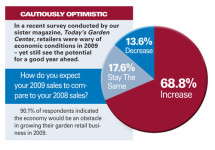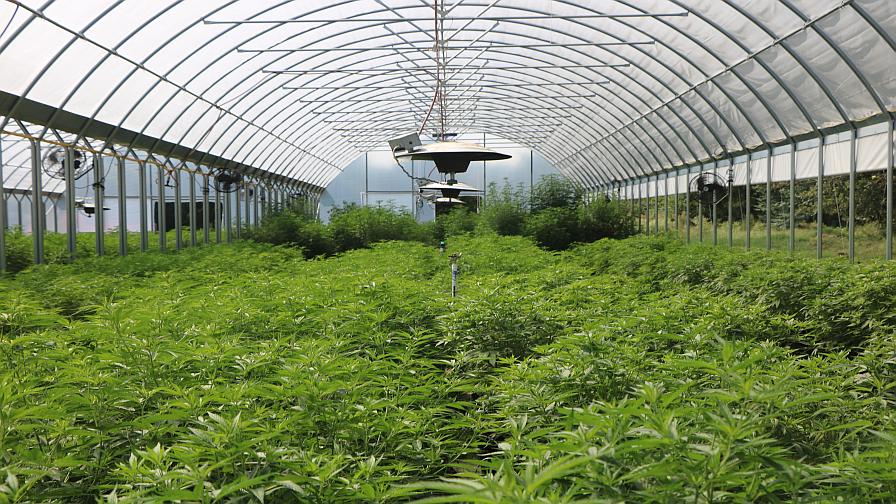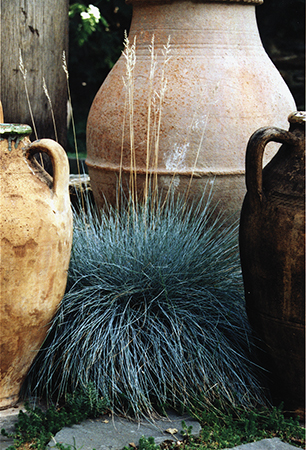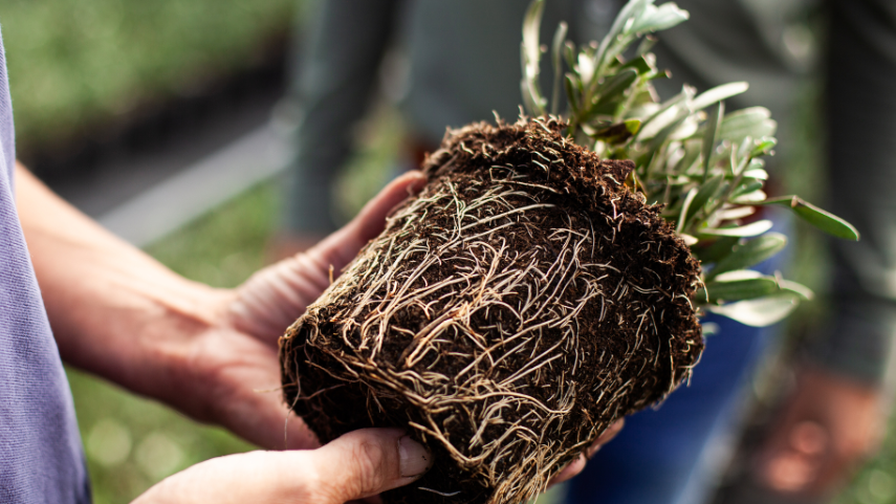State Of The Industry: The Independent Garden Center In Unchartered Waters

Most years at about this time, if you were to ask a garden center owner about his or her expectations for the coming season, you could pretty much predict the response:
“Well, as long as we have good weekend weather in the spring I think we’ll do all right.”
But ask that same question as 2008 turns to 2009 and the answer isn’t quite so predictable. Because nothing in today’s economic conditions seems predictable. Some retailers are surprisingly optimistic about 2009. Others are holding their breath while keeping a close eye on Wall Street and a tight grip on their checkbooks. And everyone wants to know where their customers will be on that first warm, sunny Saturday afternoon in April.
Prepare To Succeed–Or You Won’t
For many garden centers, the script for spring may already be written. Success this season could have less to do with what’s going to happen, and more to do with how retailers have run their businesses up to now. Garden centers with a revolutionary approach should find themselves in the best position.
“My biggest concern is how deep the overall financial crisis will drive the economy and consumer attitudes,” says Charles Hall, executive director of Garden Centers of America. “Retailers that have not been working hard to develop a loyal customer base and provide extraordinary customer service will have a much harder time surviving tough economic times.”
Jonathan Pedersen, Bailey Nurseries brand & business development manager, has similar worries. “I’m concerned about the potential for further erosion of the consumer’s disposable income, and the possibility that the housing market slump continues to widen,” he says.
But Pedersen’s biggest fear is garden centers not having enough product in the store when there’s a stretch of sunny spring weekends and customers come ready to spend. “Many retailers are purchasing so conservatively, I worry about whether they will have enough product to sell. Or if they have a good spring, will they be able to keep the garden center full?”
Says Doug Boyd, owner of Bench Systems: “Retailers are like everybody else right now. They’re buying the necessities, but they’re holding back on other things. But while most everyone agrees that 2009 is probably not going to be the year to overinvest in inventory, it’s just as unwise to come into the season understocked.
“People are always going to buy color and dress up their yards and houses to some degree,” Boyd says. “No matter how depressing the economy seems, I think what’s in bloom in garden centers is going to have a market. The one thing you have to keep in mind, though, is if you don’t stock it, you can never sell it. You’ve got to run your business no matter what the economy’s got going on. If you’re cutting corners on advertising, merchandising and inspiration, if you’re not stocking properly, you’re creating your own recession.”
Cost-Conscious Management
Clearly, how retailers manage their inventory and expenses will be a key factor in their success. That doesn’t necessarily mean buying less, but it does mean buying smarter.
“The current state of the economy will affect what we buy and how we buy,” says Jennifer Schamber, general manager at Greenscape Gardens, in Manchester, Mo. “It will be necessary for garden centers to manage inventory more carefully. We can’t be afraid to fully stock our stores and lots, but we need to cut out the SKUs that aren’t making us money.”
Truth be told, says Schamber, the lessons learned in a challenging 2008 have her optimistic for her prospects in 2009.
“This year has taught us to be leaner and operate more efficiently,” she says. “We have not decreased our bookings for next year. We have simply cut the costs of our day-to-day operations.”
Ken Lain, president of Watters Garden Center in Prescott, Ariz., agrees expense management is critical. “We will focus on cost of goods more than before. There is more pressure than ever to increase profit margins, yet decrease retail prices.”
This enhanced emphasis on managing the bottom line presents opportunities for retailers and suppliers to work together, he says. “We will look for crops and vendors that help us maintain [margins]. We will look for more credits from vendors, faster stock times and reduced inventory stock times to control our inventory costs and reduce shrink.”
Some expenses–taxes and insurance, for example–are out of the retailer’s direct control, of course. Others, such as fuel and labor, can be difficult to wrestle with, but they’re musts to manage closely.
“Rising energy and labor expenses are critical business issues. Alternative fuels and facility upgrades are two areas to take very seriously,” says Sid Raisch, garden retail consultant and columnist for Greenhouse Grower’s sister magazine, Today’s Garden Center. “If you sell enough stuff at the right prices, you will always have enough staff. Rising cost of goods will be the silent killer of many garden centers who refuse to pass along price increases. Increasing customer processing capacity for the peak days is often a key area to increase revenues.”
Jonn Karsseboom, owner of The Garden Corner in Tualatin, Ore., has a similar take: “I think this is the era of the ‘great manager. Business is unforgiving about profitability. Whether sales increase or decrease by any measure, cost of goods sold, expenses and wage and benefits have to follow.”
Be Relevant To Your Customers
Managing the expense side of the ledger is only half the battle for garden centers, of course. Finding new and innovative ways to grab the consumer’s attention and sell stuff is pretty important too.
And while things like vegetable plants, sustainability and “staycations” will be high-profile trends for 2009, some of the real opportunities for garden centers may lie in how they present their value to potential customers. Relevant retailers with relevant products should find the sailing smoother in a rough economy.
“People will continue to shop and buy in any environment for goods and services that they personally value,” Karsseboom says. “I think this economy makes people pause to reevaluate how they are spending their hard-earned money. They want to be sure that the money they do spend is on goods and services that are personally important to them. Garden centers that have a clear message to their customers of their value proposition will do particularly well.”
Understanding that your customers are worried about the economy also presents an opportunity to speak directly to those concerns in a productive way, Hall says. “Where gardening in the past has been a ‘therapeutic’ experience, today it may be more of an economic issue to maintain and improve property values.”
“Competing for disposable income against non-gardening related items may be easier this coming year because people feel the need to secure the value of their homes,” Schamber adds. “One method is to garden–we hope. But also, why not look at our tree tags or signage and add statistics like, ‘Once mature, this tree will save your household $100 in energy costs per year by shading your home.’ By proving the concept that plants add value, they may be more likely to buy a new shade tree rather than a new golf club.”
Spring Is In Sight
With all of that in mind and your plans for increasing revenues and controlling costs well mapped out, it’s time to stop worrying about the economy, put one foot in front of the other, and set your sights firmly on the upcoming season.
“Spring Fever is a wonderful thing,” Raisch says. “I expect the masses to buy plants again next spring. Some people at the lower income levels will certainly have less money to spend on garden-related products. Those at higher income levels, however, may have more disposable income available after adjusting their buying habits for durable consumer goods like automobiles, appliances, home furnishings, etc.”
And if that’s the case, retailers might actually be looking past the economy and battling a more familiar foe come April and May.
“I think the independent garden center is in a better position than other disposable income retailers to do OK in the current market,” Pedersen says. “We really need great spring weather. If we have a good spring, the sales will come.”









